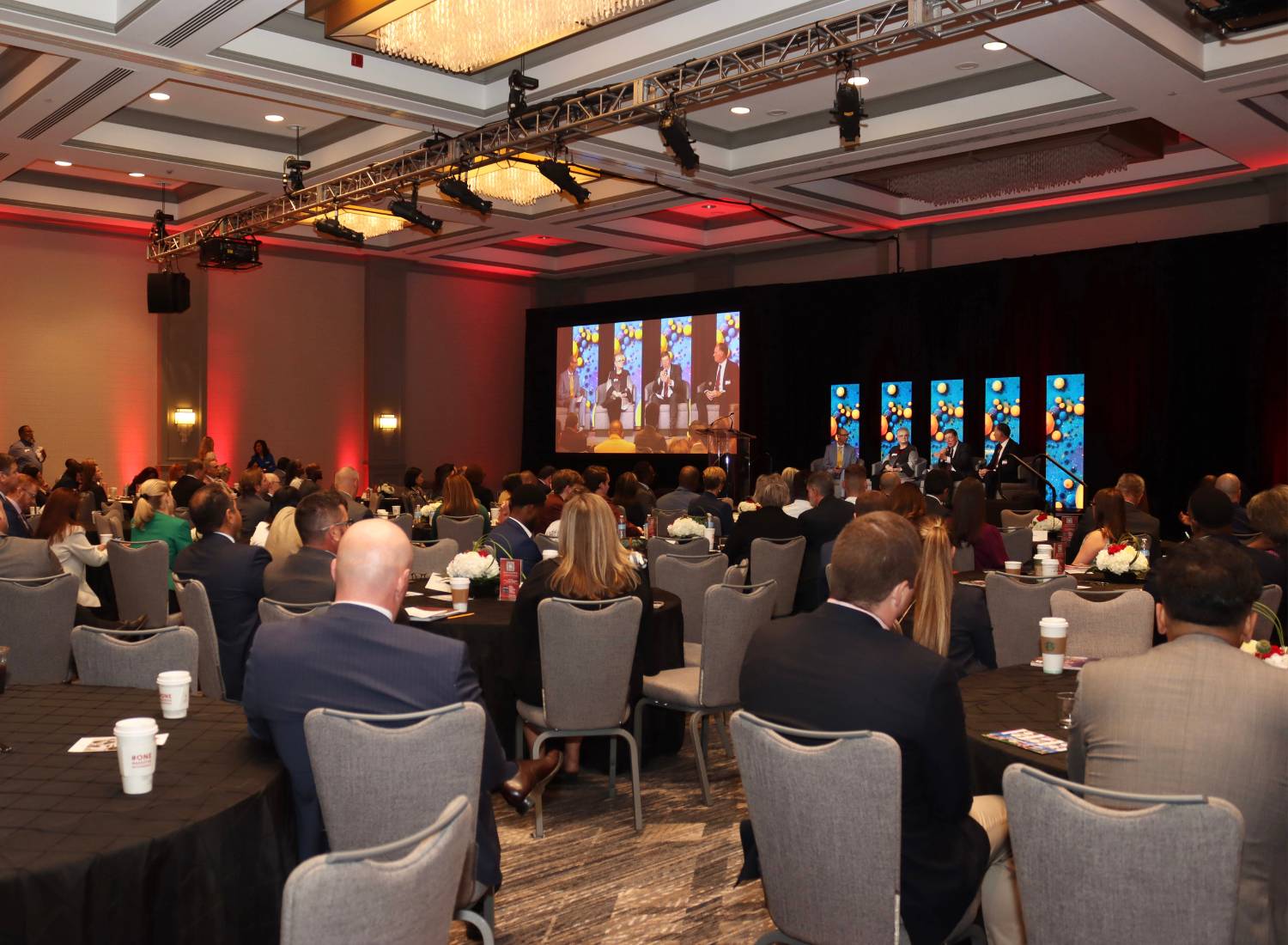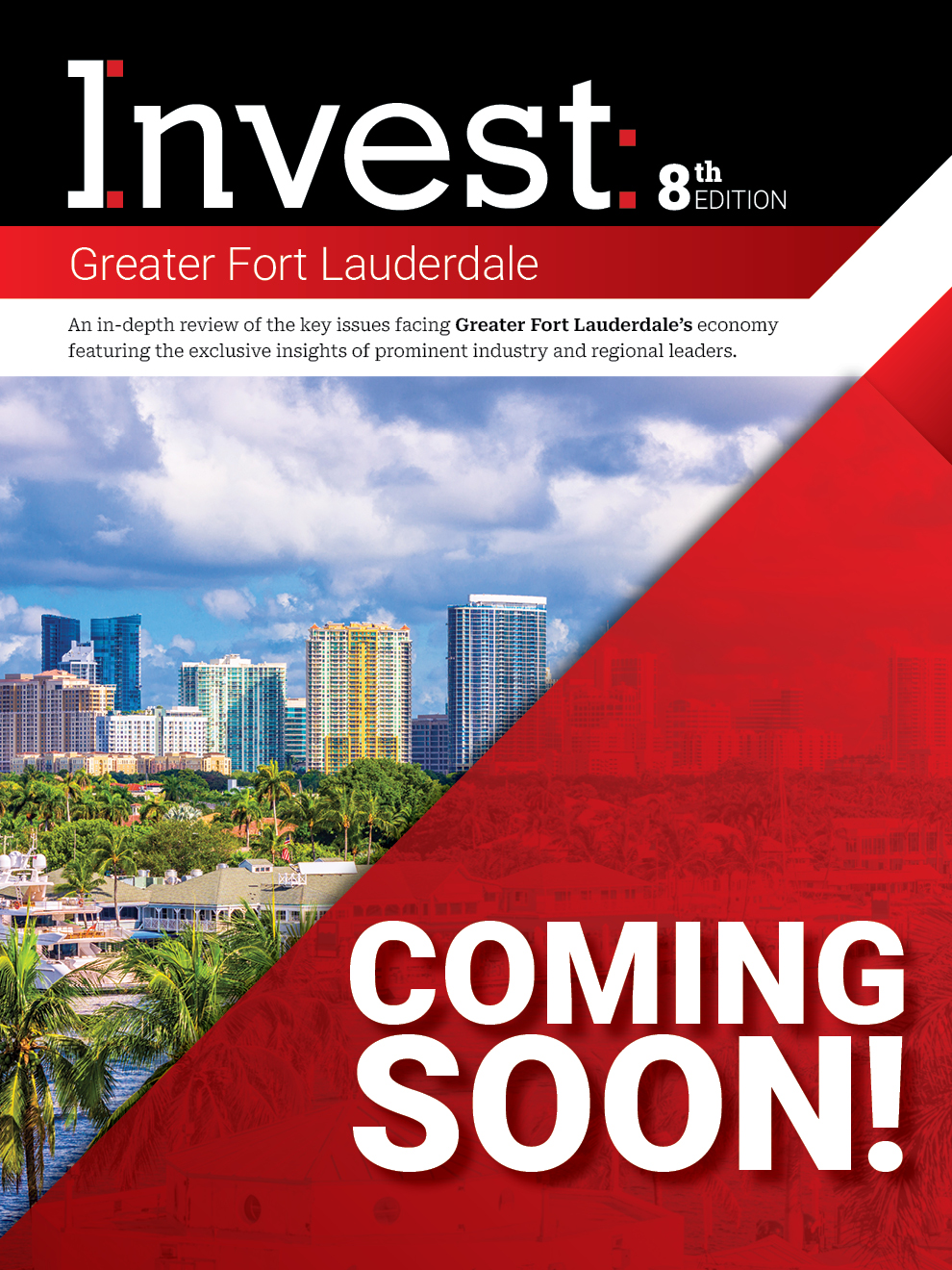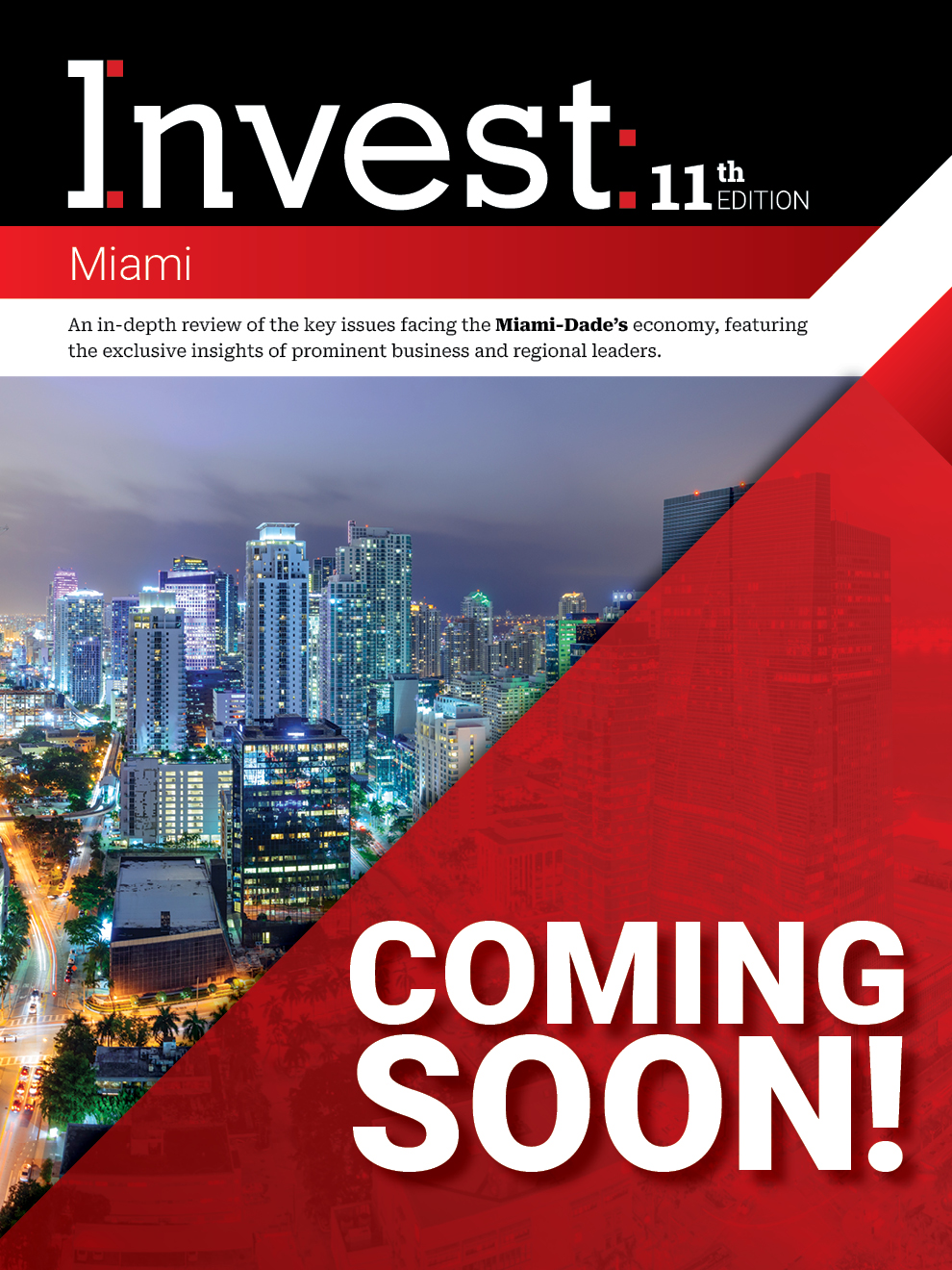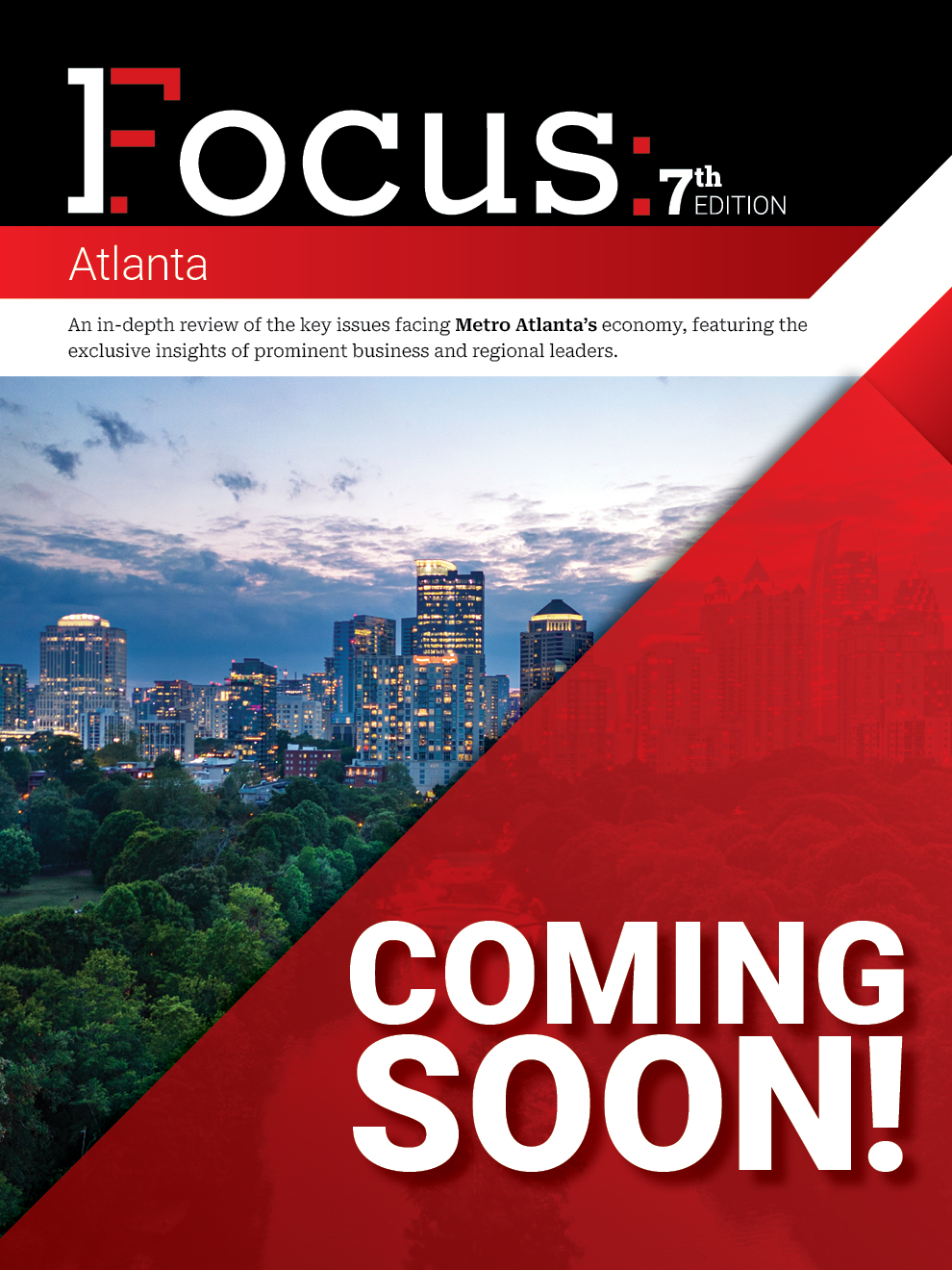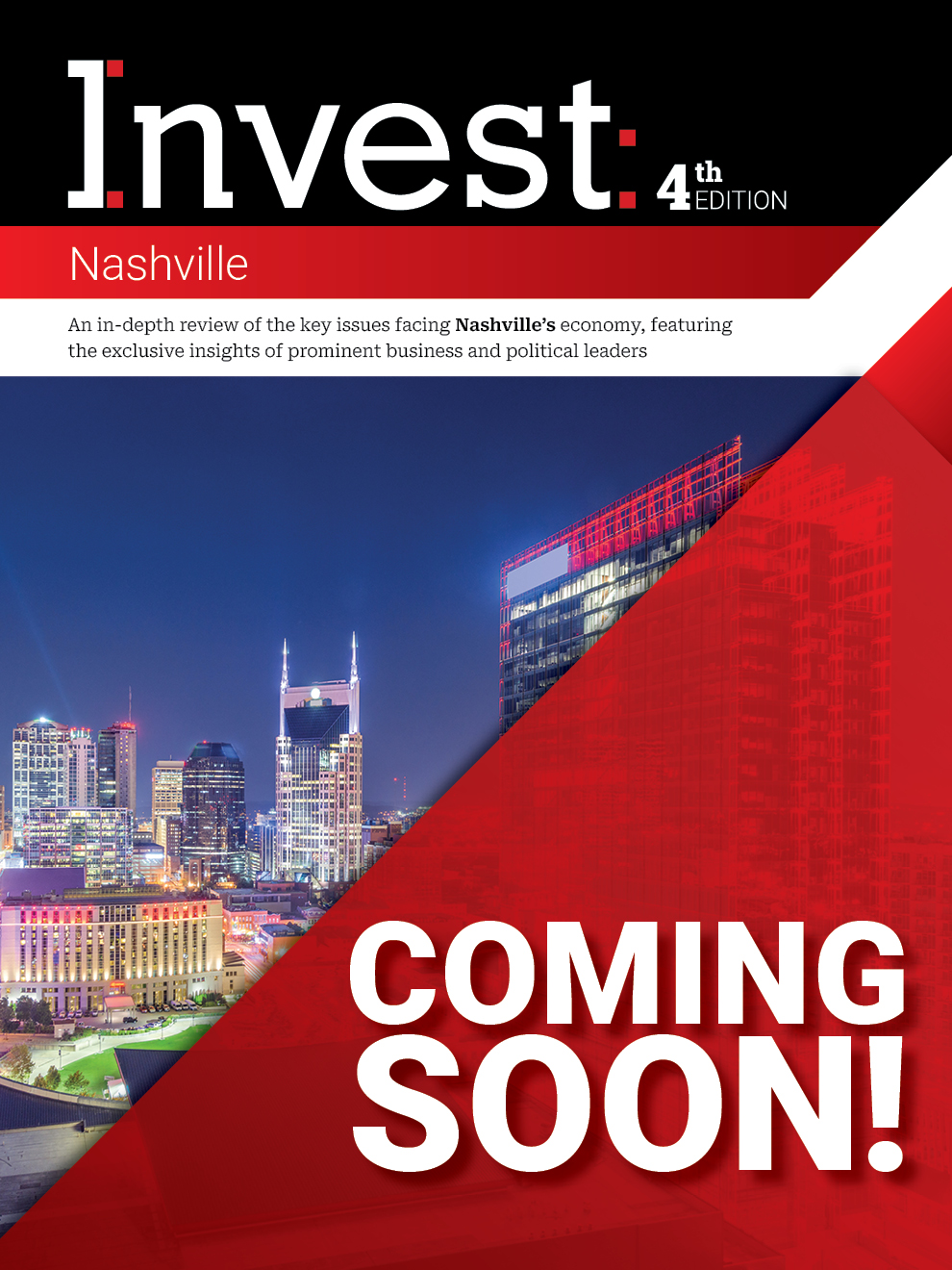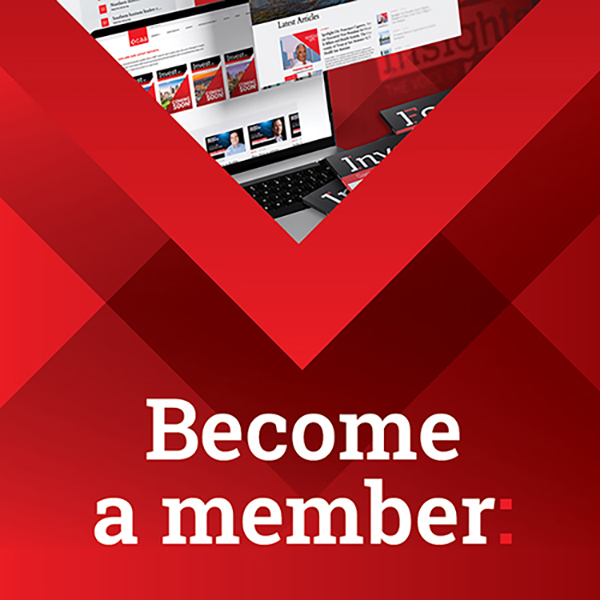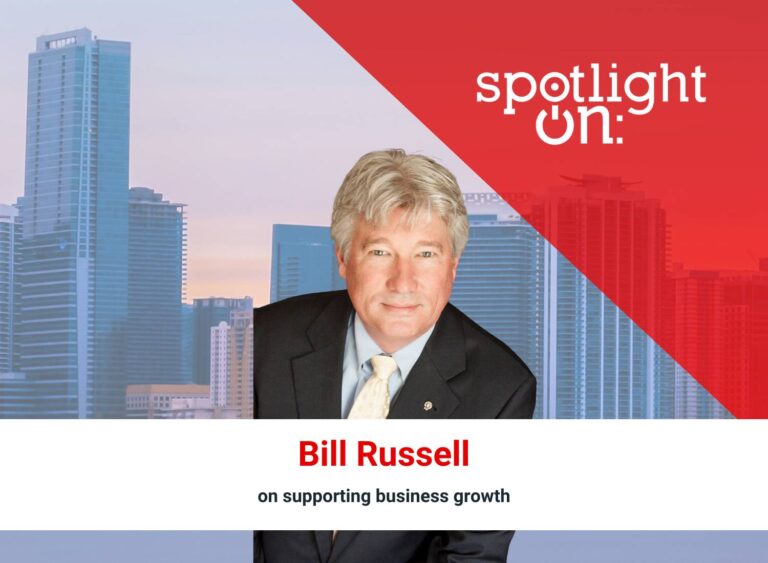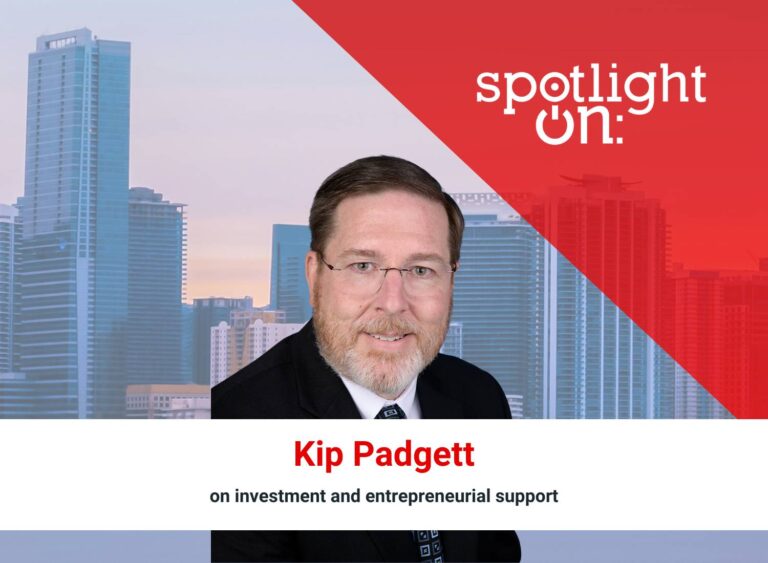Be the contrarian leader
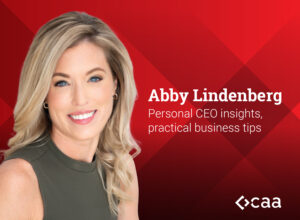
Popularly called the “People’s Pope,” “the death of Pope Francis on Easter Monday is being mourned by millions. He ascended to his role under unusual circumstances, inherited a wide array of problems, and yet, despite all of these challenges, he rose to the occasion and led.
Leading in good times is challenging. Leading under his particular circumstances is monumental. I would like to reflect on Pope Francis’ contrarian leadership and what we can learn from it.
While others before him wore elaborate and ornate clothing and jewelry, Pope Francis opted for simple dress and a plastic watch. While others rested on hierarchy and bureaucracy, Pope Francis made himself available to everyone to include the poor and the migrant community. While others before him leaned into the more conservative approach for the church and the Bible, Pope Francis opted for a more inclusive approach.
How can leaders ignore the ornate and focus on the important? What is distracting you from your company’s core values or core mission?
Francis was contrarian from the start, relaxing the strict church doctrine. The first South American and Argentine pope, Francis took a fresh look at something that has been institutionalized for centuries. He had interfaith friendships, invited women to the table, appointed 20 women to senior positions, and softened his view on homosexuality, and once famously asked, “Who am I to judge?,” opening the discussion: If the pope is not the one to judge, who is?
Leaders must constantly analyze (and respond to): How are things running at my company? Is the status quo applicable anymore? Have policies that no longer serve today’s mission turned potential new hires away or scared off current team members?
He turned his gaze to the world at large, putting bishops in places the church never had before like South Sudan and Mongolia, reshaping the membership so that now more than 70% of its members are outside Europe, growing predominantly in Africa and Asia. He made caring for the environment and the threat of climate change a large priority.
When faced with certain challenges, leaders must find alternative solutions. It certainly could have been easier to focus exclusively on the current member base, but Pope Francis knew he needed to take a more global approach. What unique challenges is your company facing that requires an out-of-the-box solution?
By taking this contrarian approach, he made the church more approachable and welcoming, relaxing the strict church doctrine. People returned back to the church or joined for the first time due to his open approach and inclusive nature. While there is still much debate regarding if he went too far or not far enough, what is clear is that under his leadership, the church rose in numbers. It also has a far more favorable approval rating, including non-Catholics (specifically the religious non-affiliated), than it has had in recent history.
The complaint box should never be overflowing, but when it is, what will you do about it? Will you tackle the hard items head on or will you let the noise increase in volume? Leaders know that team members and clients alike must be heard and understood and their needs met. What is your approval rating and how can you better connect with your community?
Pope Francis removed much of the pomp and circumstance from the church, cutting cardinals’ salary and choosing not to live in the palace, but in a small two-bedroom apartment.
As leaders, we must ask ourselves: How might a contrarian view of your daily operations help improve productivity, efficiency, or profitability?
Obviously, none of the above was easy. Francis had plenty of naysayers and doubters both inside and outside the Vatican. And yet, he continued onward. This took much test of character and endurance to not only go up against something as hierarchical and established as the Catholic Church, but to succeed in his mission.
Do you have what it takes to be the contrarian leader? Standing up consistently for what you believe in is no easy task. Do you have the endurance and persistence needed?

